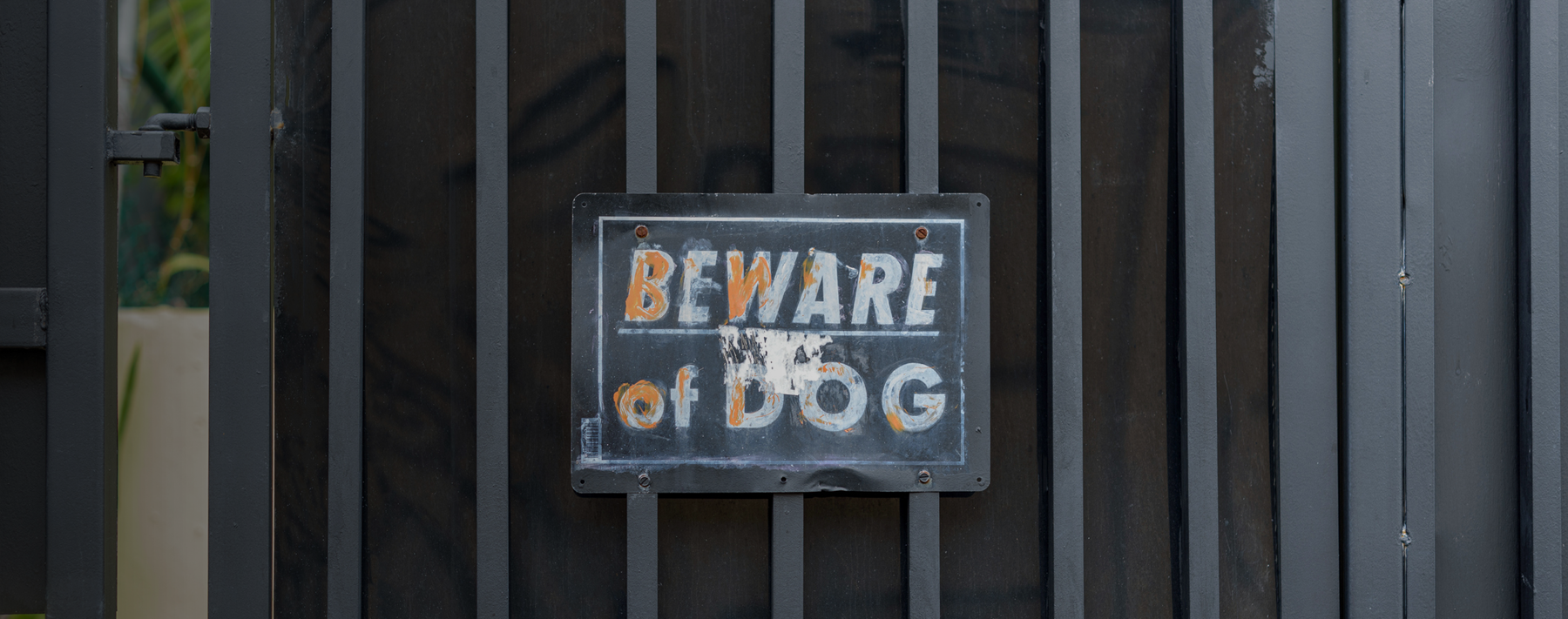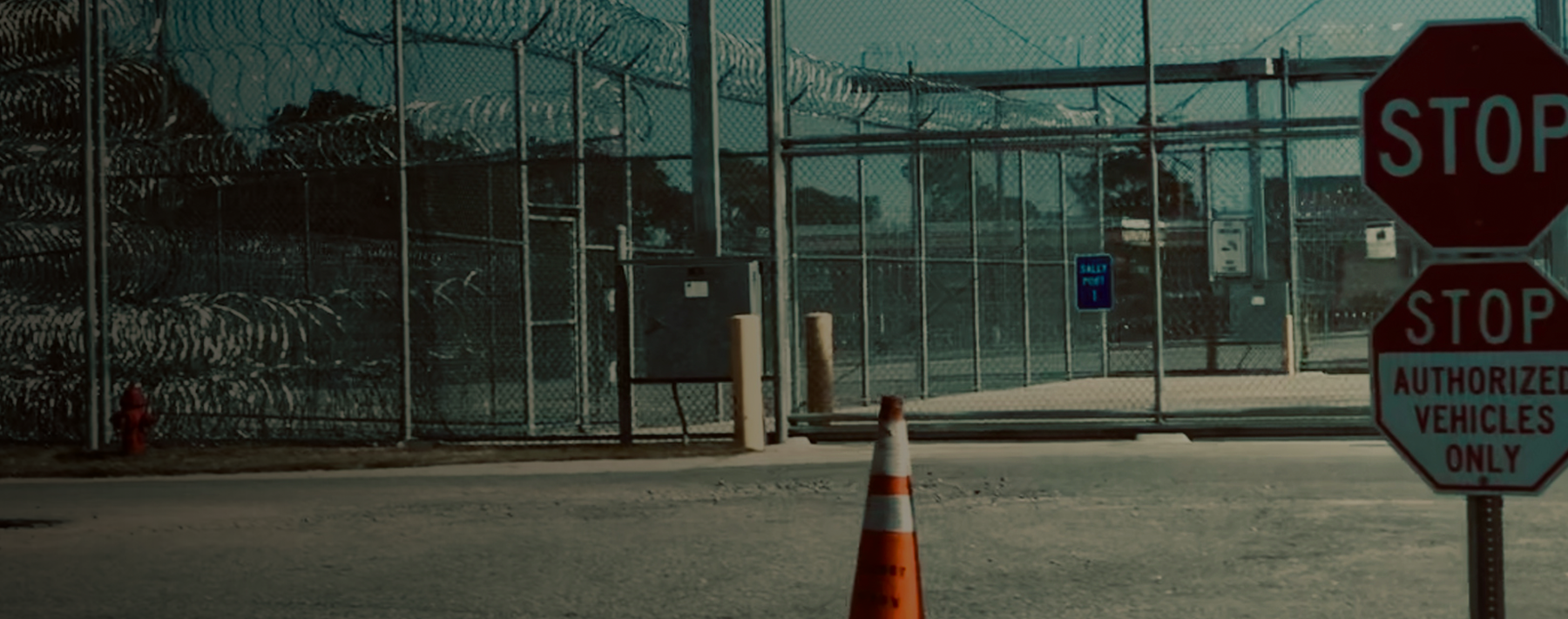Betton v. Belue, 2019 (4th Cir. 2019)
Julian Betton was suspected of selling a small quantity of marijuana – his criminal record consisted of two prior small-quantity marijuana sales. Officers obtained a standard knock-and-announce search warrant for Betton’s house.
Officers arrived at Betton’s house in unmarked cars. Seeing Betton’s neighbor on the front steps, officers pointed rifles at him and ordered him to the ground. According to the testimony of four officers, they then knocked loudly on the screen door several times and shouted repeatedly, “police, search warrant.” They then opened the screen door and repeated the knocking and shouted announcements on the front door. Only when there was no response did the officers use a ram to break open the door.
The officers testified that, upon entering, Betton approached them and fired his gun at one of the officers. One officer stated he “distinctly remembered” Betton shooting at them. They returned fire, firing 29 times and striking Betton with nine bullets. Betton claimed he had just come out of his bathroom when he heard the door break in and saw shadows in the hall. He said he drew his gun but kept it at his side and did not fire any rounds. Betton claimed the officers did not give any commands or warnings prior to firing their guns. Betton spent several weeks in a medically induced coma and awoke to discover he was permanently paralyzed. He sued, claiming unlawful entry and excessive force were used in the execution of the warrant.
The court acknowledged there is “no bright-line rule concerning the manner in which law enforcement must knock and announce prior to executing the search warrant”
Betton’s neighbor testified the officers did not announce their identity as police officers. He also testified they did not knock on the door before using the ram. In determining whether officers are entitled to qualified immunity, the court is obliged to resolve any factual dispute in favor of the non-moving party – in this case, Betton. Thus, the conflicting testimony likely would have required the court to resolve the qualified immunity question in Betton’s favor.
In addition to the neighbor’s testimony, there was a video recording from Betton’s security camera. The recording showed the officers ran up to the door, did not knock, and immediately hit the door with the ram. The recording showed the officers’ lips were not moving, indicating no loud and repeated shouting. The officers’ testimony about being fired upon was also contradicted by forensic evidence that conclusively showed Betton’s gun had not been fired.
Had the officers followed the search warrant knock-and-announce rule, the court suggested, Betton would have been aware the persons breaking down his door were police officers. He then might have not taken his gun in hand. Moreover, if the officers had knocked and announced their presence, Betton could have granted them peaceful entry. And had the officers given a command for Betton to drop his gun, he may well have complied.
The court considered testimony concerning the officers’ belief that no notice was legally required for a knock-and-announce search warrant. One officer testified “it is not the law,” rather a matter of officer preference to announce. The team commander testified the officers did nothing wrong in entering and not announcing themselves.
The court acknowledged there is “no bright-line rule concerning the manner in which law enforcement must knock and announce prior to executing the search warrant” (United States v. Banks, 540 U.S. 31 (2003)). Notwithstanding, the law is clearly established that “absent exigent circumstances, the Fourth Amendment requires law enforcement officers to knock and announce their presence when executing a search warrant.” The appellate court held the officers’ conduct violated clearly established law and could not benefit from qualified immunity.
The details contained in the trial court ruling and the appellate court decision don’t offer a possible explanation for the officers’ failure to follow clearly established principles of the Fourth Amendment. Indeed, the court opined shooting Betton while he held a gun by his side “does not qualify as the type of ‘bad guesses in gray areas’ that qualified immunity is designed to protect.” Pre-warrant service briefings should include a discussion of which officer is responsible to make an announcement, what will be stated in the announcement, and the circumstances that might excuse providing an announcement.
This blog was featured in our Xiphos newsletter, a monthly legal-focused law enforcement newsletter authored by Ken Wallentine. Subscriptions are free for public safety officers, educators and public attorneys. Subscribe here!



